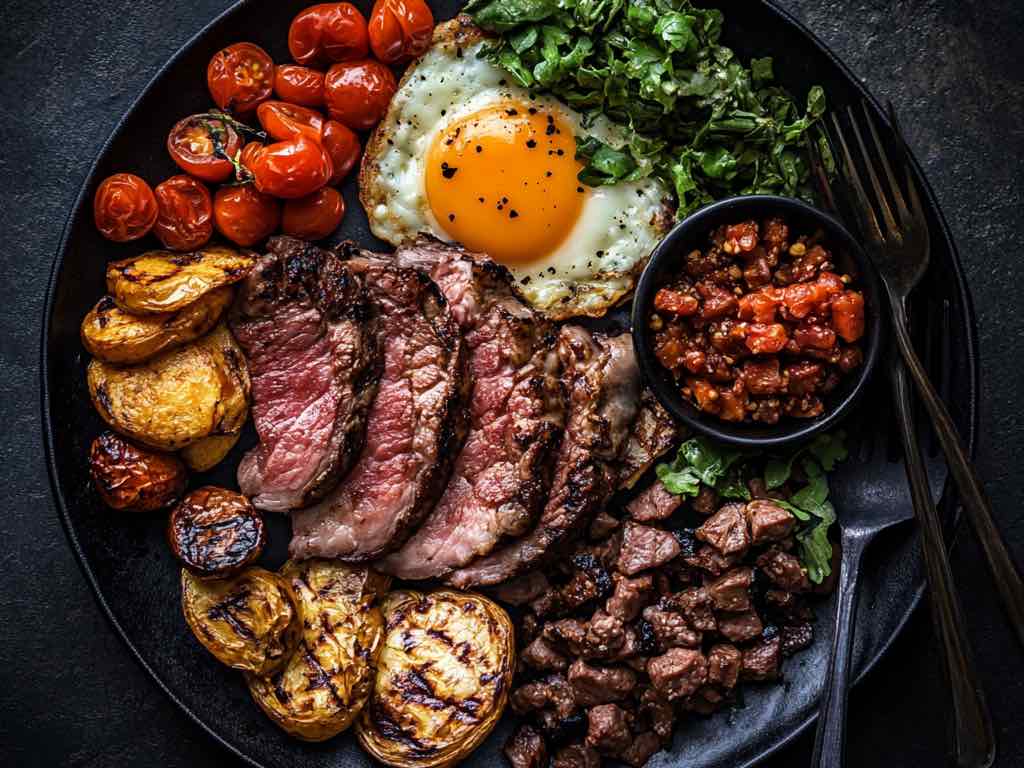
Animal Based Diet Food List: A Comprehensive Guide
|
|
Time to read 5 min
Welcome to One Stop Halal!
Written by: Samir P.
|
|
Time to read 5 min
Animal based diet food list has gained popularity among individuals seeking to embrace a more natural, nutrient-dense way of eating. Rooted in animal-derived foods, this diet emphasizes high-quality proteins, fats, and essential nutrients supporting overall health. Whether you're new to the concept or looking to refine your approach, this guide provides a detailed food list to help you navigate the world of animal-based nutrition.
An animal-based diet prioritizes foods that come from animals, including meat, seafood, eggs, and dairy. This dietary approach often minimizes or excludes plant-based foods, depending on individual preferences or health goals. Advocates highlight benefits such as improved energy, better mental clarity, enhanced muscle growth, and reduced inflammation.
While some diet variations (like carnivores) strictly exclude all plant-derived foods, others may incorporate small amounts of fruits or non-starchy vegetables. The key is to focus on high-quality, minimally processed animal products.
Meat forms the backbone of an animal-based diet, offering rich sources of protein, iron, zinc, and B vitamins. To maximize nutrient content, opt for grass-fed, pasture-raised, or organic options whenever possible.
Seafood provides omega-3 fatty acids, iodine, selenium, and high-quality protein. Wild-caught varieties are often recommended for optimal health benefits.
While dairy is not universally included in all animal-based diets, many people enjoy its nutritional benefits, such as calcium, vitamin D, and probiotics.
Animal fats are a significant energy source in this diet and can enhance the flavor of meals.
While not strictly animal-based, some individuals include small amounts of plant foods for variety or personal preference. Examples include:
To align with the principles of an animal-based diet, avoid or limit the following:
By following these tips, you can maximize the benefits of an animal-based diet and enjoy a sustainable, nutrient-rich way of eating that aligns with your health goals.
Welcome to your favorite Butcher Shop. We carry various meat cuts that are hard to find elsewhere. We deliver to your doorstep anywhere in the United States within 1-2 business days.
The animal-based diet food list offers a nutrient-dense approach to eating that can transform your health and well-being. Focusing on high-quality animal products and minimizing processed foods will fuel your body with everything it needs to thrive. Whether diving in fully or testing the waters, this food list will serve as a trusted guide on your journey to embracing an animal-based lifestyle.

© 2026 One Stop Halal, Inc.